Geely is a Chinese car maker that saved Volvo from oblivion, and now, their “premium electric brand”, Zeekr, will collaborate with Waymo for the “Waymo One” autonomous ride-hailing fleet in the United States.
The Program Explained
This is a brand new, purpose-built mobility vehicle, and is being developed at Zeekr’s R&D facility, China Europe Vehicle Technology Centre in Gothenburg, Sweden. This technology centre has been designing vehicles for the wider Geely Holding Group since its creation. This collaboration with Zeekr will see designing and developing the future vehicle on a new proprietary and open-source mobility architecture. Waymo will take delivery of the vehicles in the United States and will then integrate its fully autonomous Waymo Driver into the vehicle platform.
Above: This Week – 2021 Mitsubishi Outlander Aspire AWD
Help Support Gay Car Boys Subscribe to our Youtube Channel
- Top GayCarBoys Stories:
- Sexy Men Drive 2021 Toyota Yaris Cross
- 10 Sexiest MotoGP Motorcycle Riders
- DON’T Drive YOUR CAR until you’ve Checked if your AIRBAG will KILL YOU
- 10 Hottest Racing Drivers
- Top 12 Best Gay Lesbian LGBTI Luxury Cars
- Top 10 Gay Lesbian LGBT Cars
- Top 10 Gay Lesbian LGBT Sports Cars
- Top 15 gay and lesbian LGBT SUVs
- Talented Twinks – Callum Ilott Virtually Races Arthur Leclerc
ABOVE: Waymo-Geely Zeekr Van, Zeekr 001
The clean-sheet design centres around passengers, with no “permanent” driver to consider. Zeekr claims a new benchmark for autonomous vehicles, a very small market currently.
The fully configurable cabin, can come with or without driver controls, and can be tailored towards rider requirements for the Waymo One unmanned ride-hailing fleet in the US.
Zeekr formed in early 2021 as a fully-functioning global technology-mobility brand, with design and engineering resources in Sweden. Geely’s purchase of Volvo led to a renewal of that brand, and the spawning of offshoots such as Zeekr.
Zeekr 1st model was the 2021 “001”, and with deliveries starting in October 2021, they aren’t mucking about. It is a gorgeous looking thing too.
Quotes / What they say.
Andy An, CEO Zeekr Technology: “Zeekr was born on the ideals of equality, diversity, and sustainability. By becoming a strategic partner and vehicle supplier to the Waymo One fleet, we will be able to share our experience, ideals and provide our expertise in collaborating on a fully electric vehicle that fits Waymo’s requirements for this rapidly expanding segment in the global market for sustainable travel.”






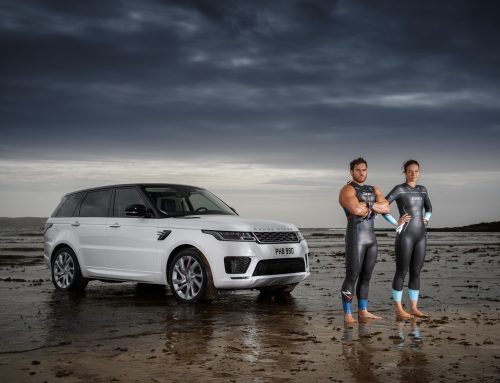
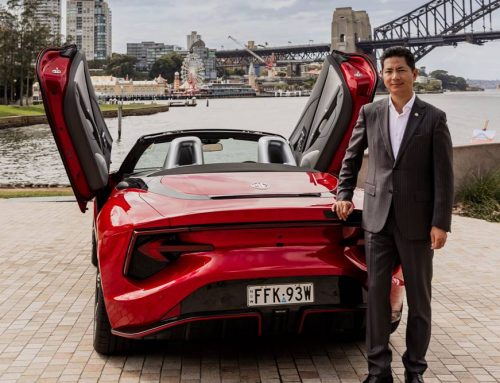
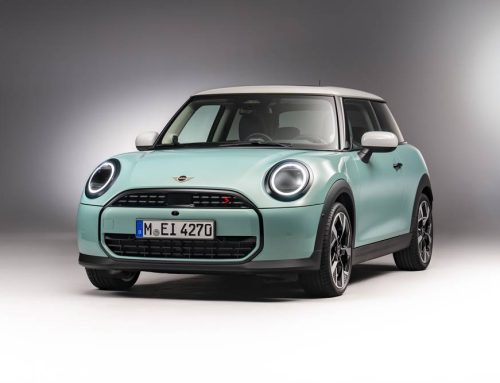
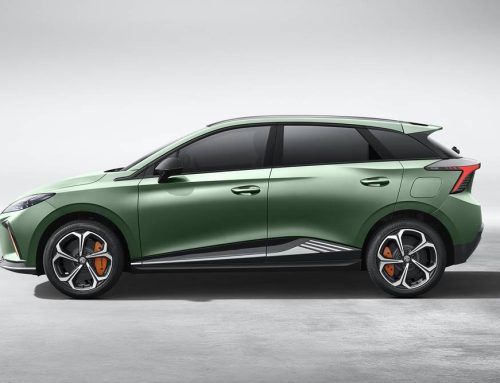
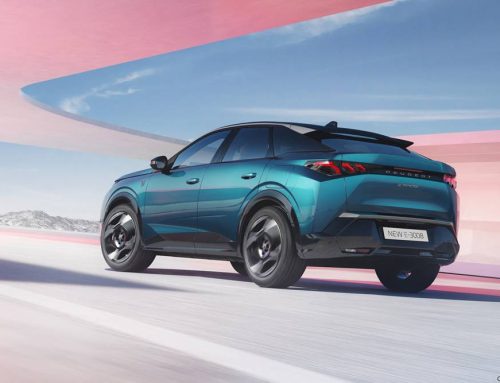
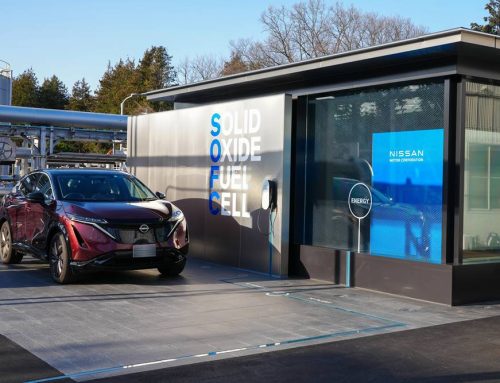
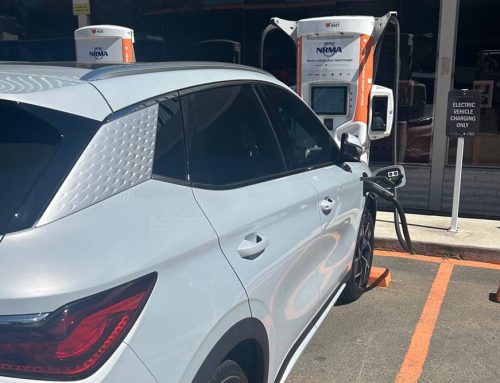
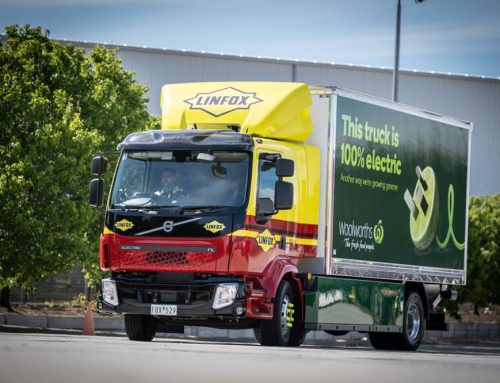

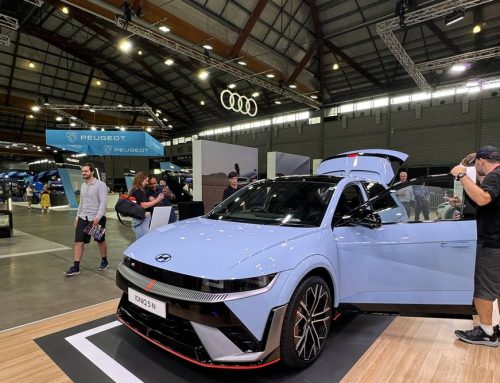

Leave a Reply